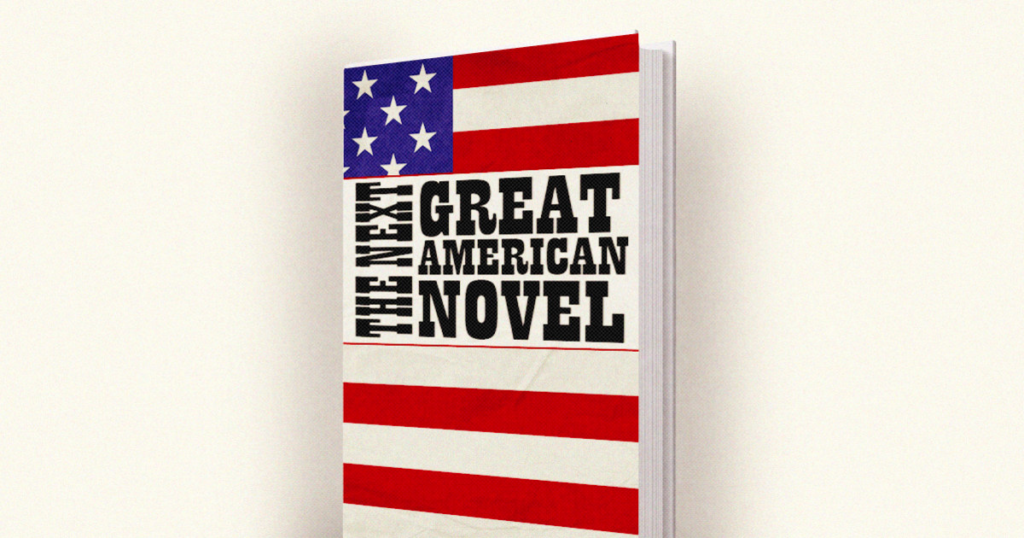“James,” novelist Percival Everett’s retelling of “Huckleberry Finn,” which published Tuesday, not only makes the runaway the narrator, but it imagines him as a kind of Frederick Douglass: that is, possessed of a capacious mind, a mastery of language, a willingness to fight and a reckless burning to write his own story.
As forward-thinking and imaginative as Twain was, not even he could have conceived of a James.
James is not the Jim from Mark Twain’s late 19th century masterpiece. As forward-thinking and imaginative as Twain was, not even he could have conceived of a James. And if by some miracle he could have conceived of such a man, he needed his books to be commercial successes, which means he wouldn’t have been foolish enough to write a character white readers would have been certain to reject. Here in the 21st century, though, we need this Jim: a Jim who knows that slavery isn’t what Ron DeSantis wants kids in Florida to think it was; a Jim who can show a pandering Nikki Haley what America’s always been; a Jim who knows that the real American pastime is creating mythologies of white American goodness and telling similarly implausible tales about who Black people are. All this, of course, means that the book banners are likely to mount a concerted effort to keep “James” away from the children.
Sadly, 30 years ago some parents were trying to keep “Huckleberry Finn” away from the children. Because of Jim. Or, more specifically, because of the word Twain’s characters most often use to refer to him. Those who criticize Twain’s use of that epithet have always struck me as wanting his book to have been set in a later time, which, given the plot, it couldn’t have been. In his 1996 book “Dark Witness,” Ralph Wiley, the late Southern-born Black writer, captured my thoughts perfectly. “There is not one usage of ‘n—-r’ in ‘Huck Finn’ that I consider inauthentic,” Wiley wrote, “and I am hard to please that way.”
Even…
Read the full article here





